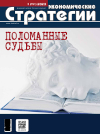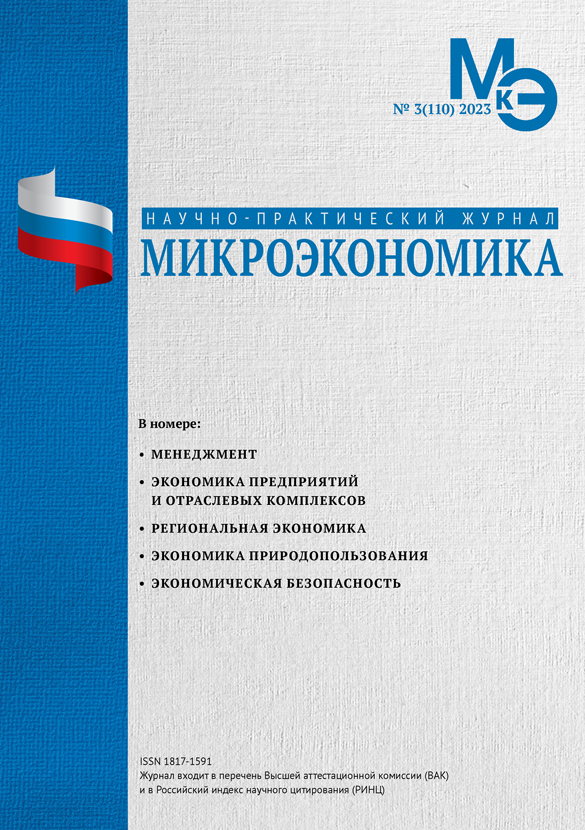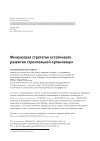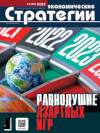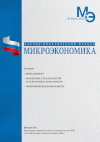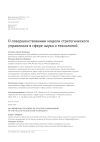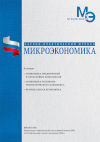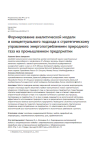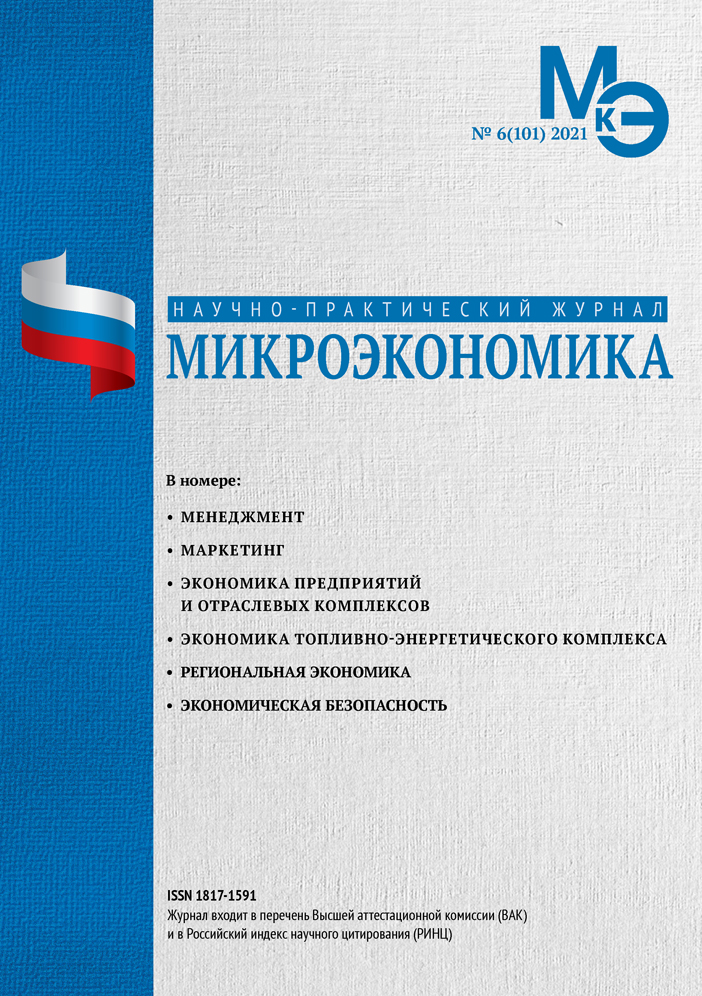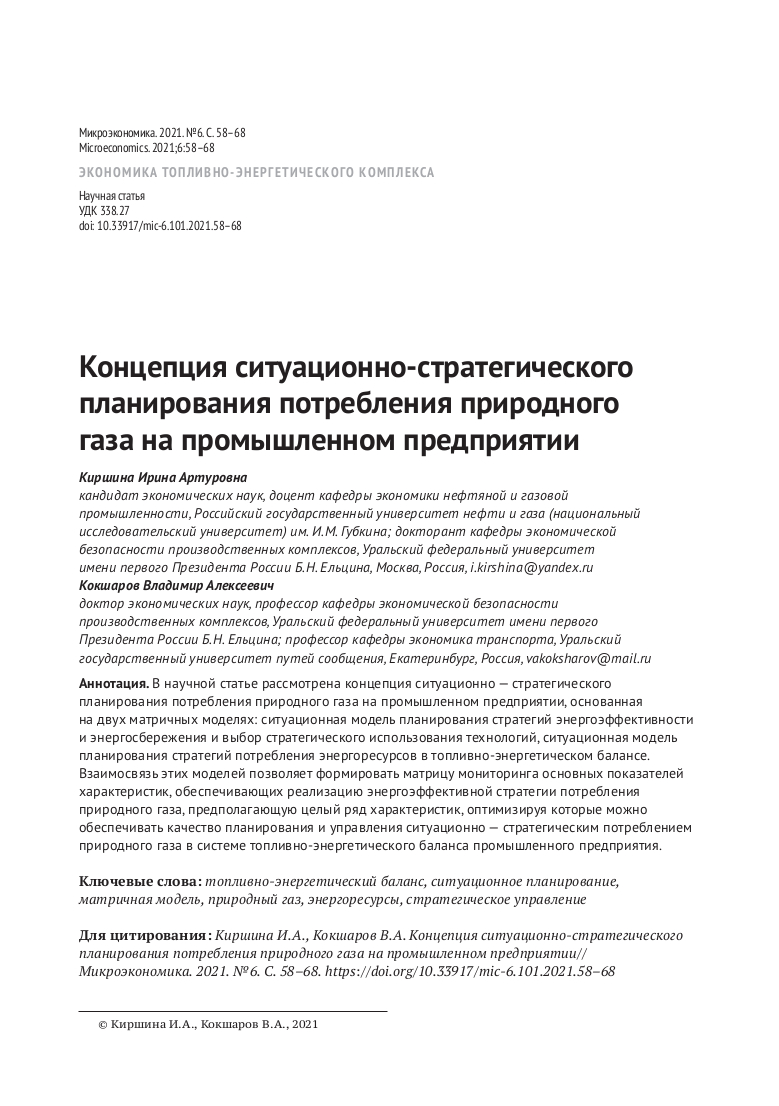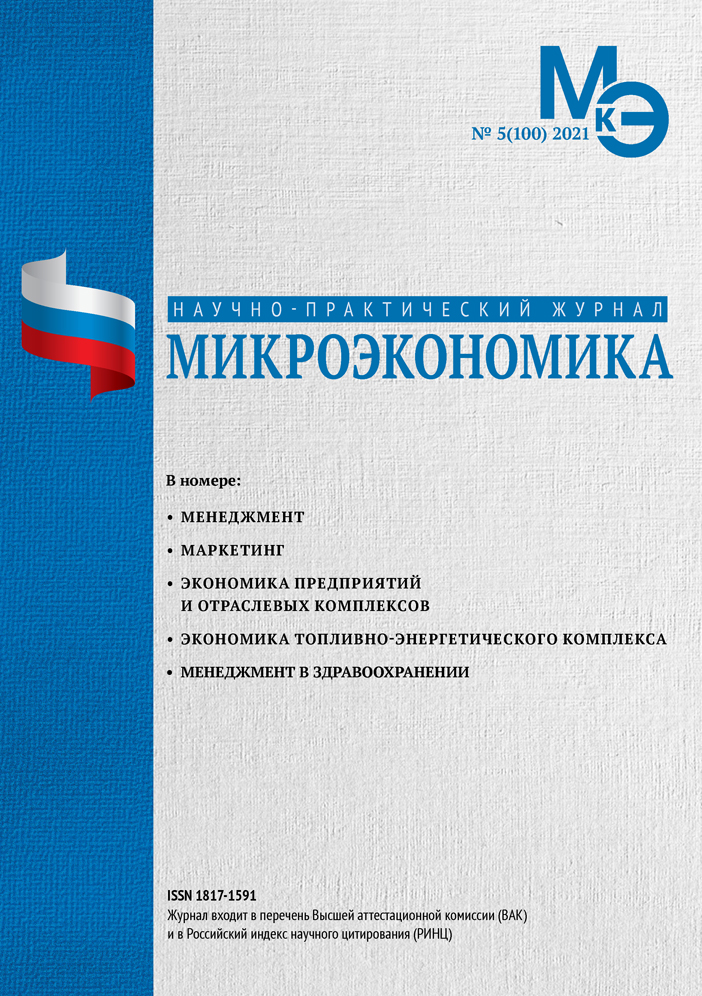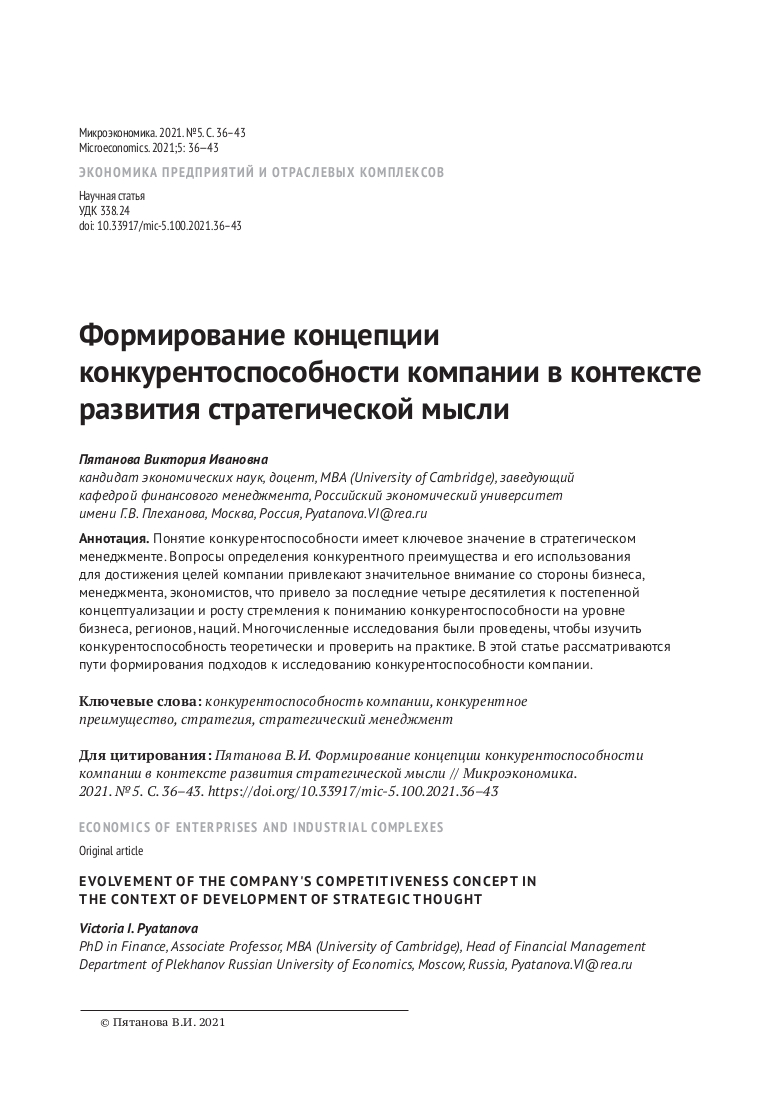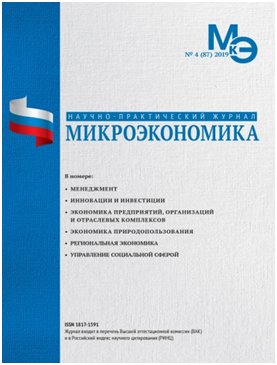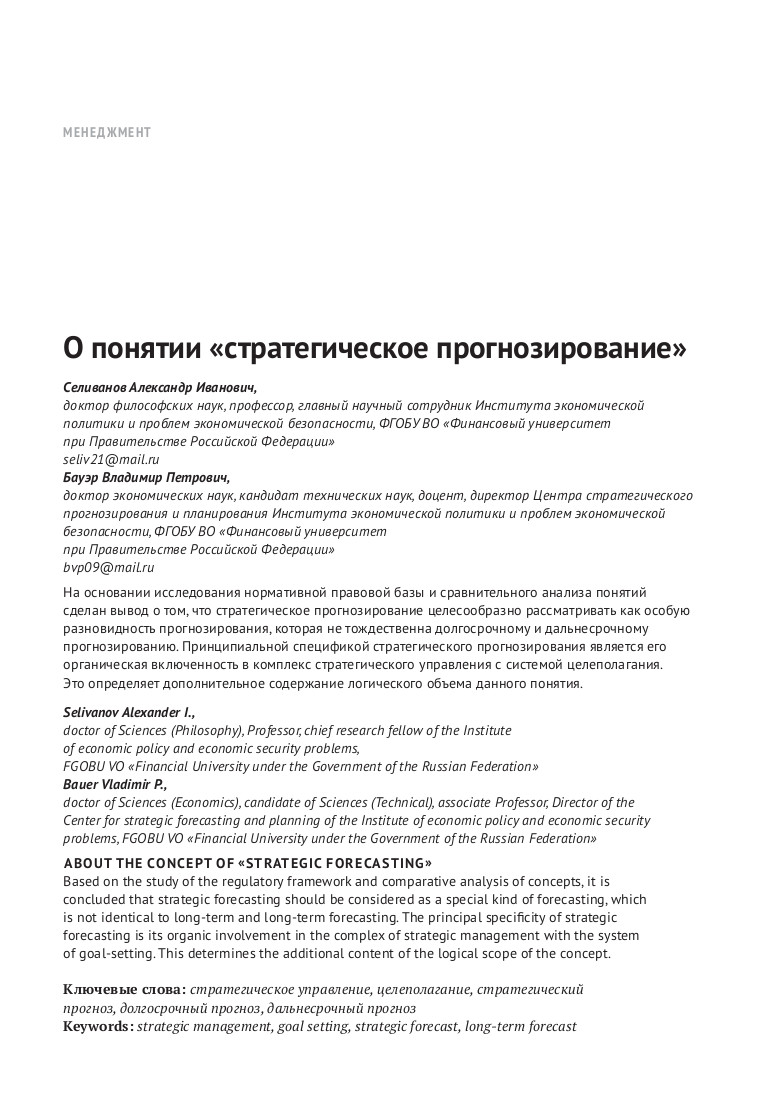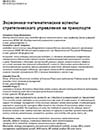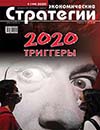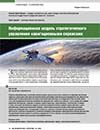Beyond Geopolitical Uncertainty. Issues of Strategic Planning and Structural Policy
DOI: 10.33917/es-5.191.2023.64-71
Current literature propagates the firmly established opinion that sanctions impact will cause a partial degradation of produced and human capital. These losses can be compensated through the structural policy measures and formation of growth drivers.
Since the literature doesn’t provide a single definition of a growth driver, the author puts forward his own version. To implement a successful structural policy, it is necessary to correct the existing mechanism of strategic management, mainly in the field of state programs and national projects management. The development areas of mechanical engineering, IT industry and tourism are considered as growth drivers, since the mentioned areas have the greatest multiplier effect. The author concludes that tourism is the most promising area.
References:
1. Gimpel’son V.E. Chelovecheskii kapital v epokhu sanktsii i kontrsanktsii: nekotorye posledstviya ego pereraspredeleniya [Hum an Capital in the Eraof Sanctions and Counter-sanctions: Some Consequences of its Redistribution]. Zhurnal Novoi ekonomicheskoi assotsiatsii, 2022, no 3(55), pp. 234–238.
2. Prokop’ev A.V. Dolgosrochnye tendentsii ekonomicheskogo rosta v Rossii [Long-term Trends in Economic Growth in Russia]. CYBERLENINKA, available at: https://cyberleninka.ru/article/n/dolgosrochnye-tendentsii-ekonomicheskogo-rosta-v-rossii
3. Uroven’ zhizni rossiyan padaet uzhe bolee 10 let [The Standard of Living of Russians has been Falling for More than 10 years]. Dzen, 2022, 18 noyabrya, available at: https://dzen.ru/a/Y3cwaLfI3z1z_b65
4. Glava AKRA otsenil sroki vozvrata ekonomiki k dopandemiinomu urovnyu [The Head of ACRA Assessed the Time Frame for the Economy to Return to Pre-pandemic Levels]. RBK, 2022, 16 dekabrya, available at: https://www.rbc.ru/economics/16/12/2022/639b3ac49a7947630774148c
5. Rinat Tairov. Bloomberg uznal o prognoze “glubokoi retsessii” v Rossii v zakrytom otchete dlya kabmina [Bloomberg Learned about the Forecast of a “Deep Recession” in Russia in a Closed Report for the Cabinet of Ministers]. Forbes, 2022, 5 sentyabrya, available at: https://www.forbes.ru/finansy/476263-
bloomberg-uznal-o-prognoze-glubokoj-recessii-v-rossii-v-zakrytom-otcete-dla-kabmina
6. Simachev Yu., Akindinova N., Yakovlev A., et al. Strukturnye izmeneniya v rossiiskoi ekonomike i strukturnaya politika: Analiticheskii doklad [Structural Changes in the Russian Economy and Structural Policy: Analytical Repor t]. Moscow, NIU VShE, 2018, p. 29.
7. Devid Dias. Osnovnye dvizhushchie sily ekonomicheskogo rosta [What are the Main Drivers of Economic Growth]. University of Sunderland, 2022, 2 noyabrya, available at: https://online.sunderland.ac.uk/the-main-drivers-of-economic-growth
8. Ivanova L.N., Terskaya G.A. Tochki rosta i draivery rosta: k voprosu o soderzhanii ponyatii [Growth Points and Growth Drivers: on the Issue of the Content of Concepts]. Zhurnal institutsional’nykh issledovanii, 2015, vol. 7, no 2, p. 124.


